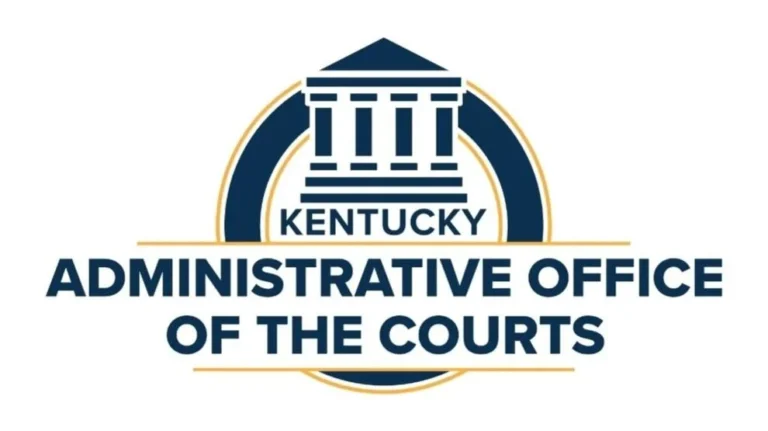By Abbreial Drane, Jennifer Willis and Wanda Figueroa Peralta
Special to NKyTribune
When we think about our daily routines and those of the people around us, some common themes probably emerge. Getting up in the morning, grabbing some coffee, driving to work, coming home, eating a meal with the family, catching up on chores. These are everyday tasks that have become so ingrained in our lives that we probably take them for granted or don’t give them much thought.
But for the thousands of Kentuckians impacted by severe mental illness, substance use and intellectual disabilities, such a routine may feel impossibly out of reach. For these individuals—some of the most vulnerable in our society—just getting through the day can present challenges that many of us cannot even fathom.
Fortunately, in Kentucky, they have a place to turn for help and support. Since the 1960s, Kentucky’s Community Mental Health Centers (CMHCs) have been an integral part of our health care system, serving as the state’s behavioral health safety net. Now, important legislation — House Bill 349 — is moving through the General Assembly to ensure Kentuckians can continue benefiting from CMHCs as intended.
CMHCs were set up to deliver comprehensive crisis and behavioral health services to Kentuckians within their local communities, regardless of their ability to pay. Today, CMHCs serve and support approximately 175,000 individuals statewide, providing everything from substance use counseling and child crisis services to operating the state’s 24-hour suicide prevention hotline. CMHCs are required by law to offer a full spectrum of services under one roof—services tailored to our most at-risk community members that other providers and facilities simply aren’t set up to handle effectively.
Without our network of trusted CMHCs, many vulnerable Kentuckians would have nowhere to turn for the care and services they need.
One reason why CMHCs have been able to deliver these services so consistently year after year is the regional model they adhere to. CMHCs operate within defined geographic regions to ensure they are serving people close to home.
Unfortunately, in recent years, some CMHCs have decided not to play by the rules, threatening the longevity of our entire behavioral health safety net.
What’s happened — and why state legislators must now pass House Bill 349 — is that a few CMHCs have chosen to operate outside of the regional system that the rest of us have abided by for the last 50-plus years. In doing so, these breakaway CMHCs have opted to provide only the most profitable services in areas outside of their designated regions. This of course works out well for them, as they’re able to cherry-pick preferred services and increase profits. But it creates an unlevel playing field for the rest of us who are required by law to provide comprehensive services in our communities.
House Bill 349 only seeks to ensure that CMHCs are operating as intended, which means offering the full range of services required of CMHCs within their designated regions. If a CMHC wants to go outside of their designated region and set up a facility that provides only certain services, they can currently do so—and will still be able to under the provisions of House Bill 349. But the legislation would ensure these facilities are not operating as CMHCs and instead are properly licensed as Behavioral Health Service Organizations (BHSOs), which adhere to a different set of state guidelines and a reimbursement structure separate from CMHCs.
The majority of Kentucky’s CMHCs are operating as they should. But the stability and future of the entire network will continue to be threatened the longer we allow a few rogue CMHCs to take advantage of the loopholes that exist today. The CMHC system can only remain intact in the years to come if we address this imbalance now.
As our entire nation confronts an unprecedented mental health crisis and record-high overdose fatalities, the majority of Kentucky’s CMHCs want nothing more than to continue serving the children, men and women who need our help the most. But without a legislative fix, our entire system may begin to crumble. That’s not a scenario any of us want to find ourselves in and why we must bring House Bill 349 to passage without delay.
Abbreial P. Drane is president and CEO of Seven Counties in Louisville, Jennifer Willis is CEO of Pathways Inc. in Ashland, and Dr. Wanda Figueroa Peralta is president and CEO of RiverValley Behavioral Health in Owensboro.






















